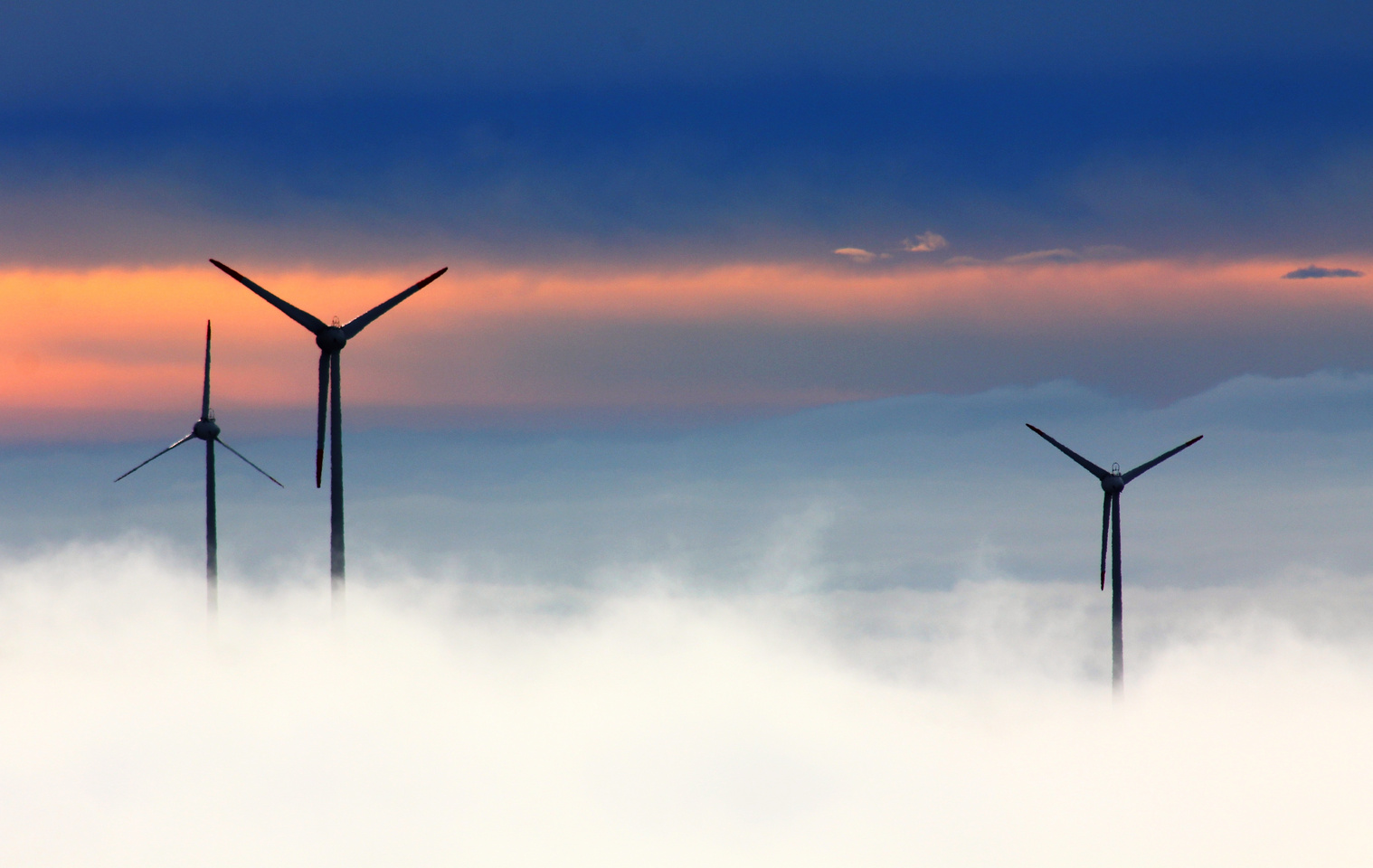
Energy Economics B.Sc.
|
Keyfacts |
|
|---|---|
|
Program |
Energy Economics |
|
Duration |
3 Years |
|
Form of Study |
Full Time |
|
Degree |
Bachelor |
|
Language |
German with some English modules (Please check on the curriculum tab to see a module overview). |
|
Campus |
Darmstadt |
|
Application |
|
|
Start |
March and October |
Today the term energy economics refers to more than just power plants and electricity grids.
It has become a challenge much greater in scope, and one that must be addressed by society as a whole.
While Germany’s centralized energy system has ensured a reliable supply of energy and electricity over the years, it has also failed to fully consider factors such as environmental impact and long-term sustainability.
The aim of today’s energy “turnaround” in Germany (“Energiewende”) is to make the transition to a truly sustainable system of energy supply and management, primarily through the use of renewable energy sources and other energy-efficiency solutions such as smart grids.
Liberalization of electricity and gas markets
The liberalization of electricity and gas markets has stiffened competition and ushered in a new age of innovation in the industry. Greater de-centralization in today’s energy markets has also opened up a diverse range of new opportunities.
The knowledge and skills conveyed as part of the 7-semester Bachelor degree program in Energy Economics open the door to these exciting career opportunities. As consultants for renewable energy installations, utility companies or industrial energy consumers, or as buyers/sellers of electricity products and services – to name a few of the many opportunities – graduates can become part a dynamic industry of great importance to society today.
International Office
First Contact:
Mrs. Marina Zielke
Mrs. Ronja Schneider
incoming.int@h-da.de
International Office
